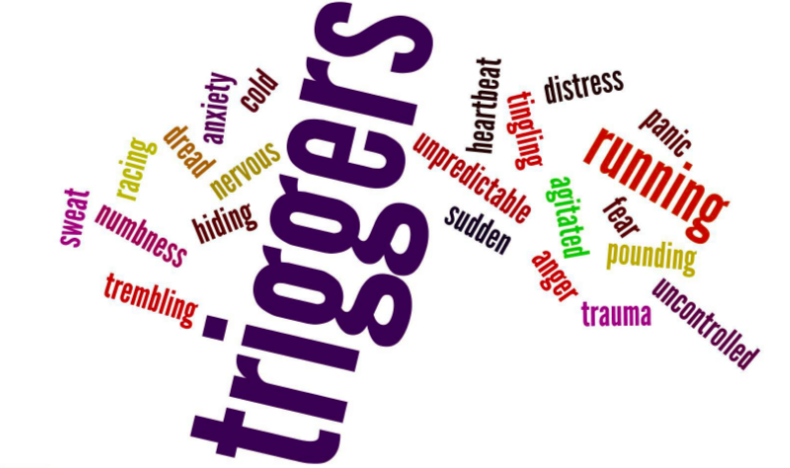The Secret to Lasting Happiness

We live in a time that’s seen a sharp increase in all things “happiness.” Books, articles, seminars, workshops, and podcasts on happiness seem to be rising at surprising rates. I recently did a psychology literature search for books, articles, and essays that were published with the word “happiness” in the title. The results, remarkable. Between 1950 and 1960, there were about 30 publications released. Between 1980 and 1990, close to 180 publications. Between 2005 and 2015, more than 2,100 publications. That’s an increase of over 6,600% in the last 65 years.
This mounting interest in “happiness” appears to suggest an irony about today’s society. That is, as a people, as a group, as a race, we are becoming increasingly unhappy. We are so eager to understand this concept, that the number of investigations on the topic are soaring. The sheer volume of literature being generated and circulated, and the number of real-time outlets on happiness seem to suggest that on some level we are desperately seeking answers, perhaps the magic bullet. The everlasting panacea. The speedy “cure-all” that will suddenly unlock all our doors and lead us to a life of unfettered bliss.
Nevertheless, with so many products readily available on “happiness,” it seems we are not getting our needs met. In fact, it looks as though the current trend might actually be contributing to our growing unhappiness. While authors and presenters of happiness pieces often disseminate exciting information to audiences, the reality is that if their goal is to help people attain long-lasting happiness, what they’re doing doesn’t seem to be working. Just look at the continuing rise in the number of reading materials and live events that are put on, which seem to be attractive because they play on peoples’ fantasies of thinking they can figure out the key to happiness by just reading something, or attending a speaking engagement on the topic for one day.
Yet, how often do people feverishly look forward to reading the next best piece, or attending the next up-and-coming event on “happiness” only to find themselves back at where they started? How many people actually take the time to wonder what might really be going on? How come I can’t just do what they’re telling me to do and be happy, one might ask. Why do I have such a hard time following their instructions and attaining happiness? It sounds so easy!
Here’s the thing. Happiness cannot be achieved by reading a book, sitting in a seminar, or hearing someone talk about how happy they are. To believe otherwise is merely wishful thinking, and ostensibly the byproduct of a society with a quick-patch mentality. The truth is, while many presentations on happiness appear to make their audiences feel better in-the-moment, it’s almost inevitable that people will forget what they’ve learned in them. Part of that is likely due to the fact that many presentations on happiness tend to repeat the same, superficial information.
For example, they usually cite studies, and make comments that support the idea that happier people are more grateful, more optimistic, and healthier. While such information might make an audience feel uplifted in-the-moment, it doesn’t offer people any insight they don’t already know. At best, such information merely rehashes what people already do know or can put together on their own: what happy people look like, and what they do. After all, everyone has probably felt those things at one point or another in his or her own life. Perhaps what makes us feel so joyful hearing or reading these things in the first place, is we are actually just remembering our own happy times. But the feeling is often fleeting. Because it’s missing something key.
Depth. When people open up reading material (like this article), or elect to hear people speak on “happiness,” what they’re looking for is tips on what to do to become happy. They’re not looking to read or hear about what happy people do as a result of being happy. Rather, what they’re after is guidance on what they need to do so they can live happier lives. People read, watch, and listen because they want answers. And when they don’t get it in one outlet, they jump to another that might subtly promise to have the answer. When that doesn’t work, they hurry to the next avenue. And so on.
The truth is, to experience genuine, lasting happiness, people must first better understand the underlying roots of their unhappiness. People must be truthful and honest about what is making them unhappy. When people realize what it is that’s truly making them unhappy, they can much more clearly begin to see what it is they need to do to live happier, more fulfilling lives. Because at least now, they will have some real direction.
Dr. Raymond Nourmand is an Addiction Psychologist, specializing in treating men with alcohol, drug, and gambling addictions.











